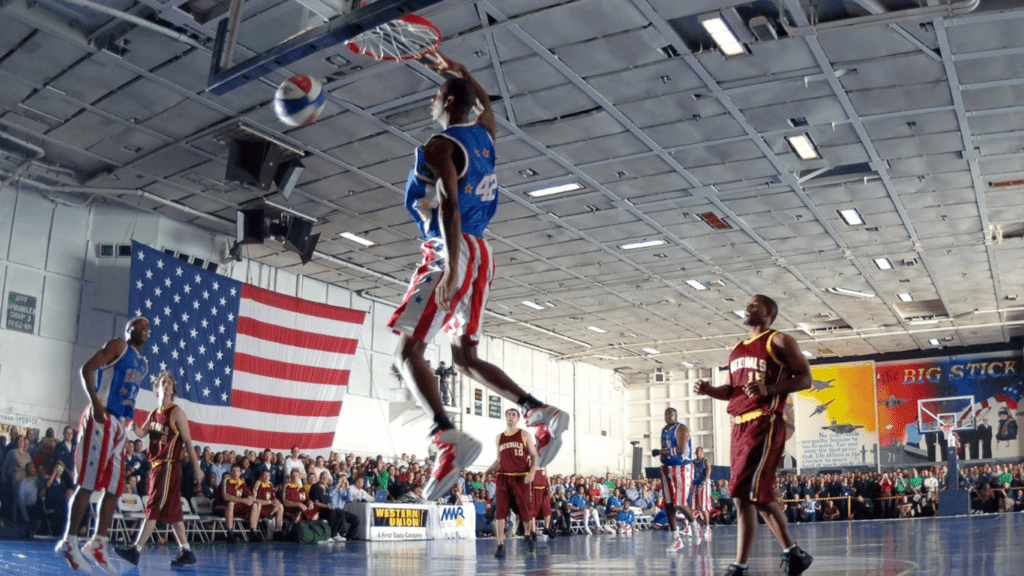The Rise of NFTs in Popular Culture
NFTs are making significant waves in popular culture.
Overview of NFTs and Their Popularity
NFTs (non-fungible tokens) are unique digital assets verified using blockchain technology. Unlike cryptocurrencies like Bitcoin, they’re one-of-a-kind and can’t be exchanged equivalently. This uniqueness appeals to collectors and investors.
The popularity of NFTs skyrocketed in 2021, with sales reaching over $17 billion, according to NonFungible.com. Various sectors, including art, music, gaming, and sports, have embraced NFTs.
Platforms like:
- OpenSea
- Rarible
- Foundation facilitate trading
making NFTs accessible to a broader audience. The concept of digital ownership resonates strongly, especially with younger, tech-savvy generations.
Celebrities as Trend Setters in NFT Adoption
Celebrities play a crucial role in promoting NFTs. Pioneers like musician Grimes and artist Beeple have sold multimillion-dollar NFTs, drawing significant attention. Grimes’ WarNymph Collection generated nearly $6 million, illustrating the lucrative potential of NFTs for famous personalities.
Actors, athletes, and influencers are partaking too. NBA star LeBron James has NFTs tied to iconic moments, while actress Lindsay Lohan sold her first NFT for over $50,000.
By adopting NFTs, celebrities engage with fans in new, meaningful ways and capitalize on their digital presence. This dynamic has molded NFTs into mainstream culture, making them an integral part of contemporary fan interactions.
Notable Celebrity Involvements in NFTs
Celebrities across various industries have started leveraging NFTs to engage with fans and expand their brand. Notable figures are actively participating in the NFT marketplace.
Musicians and NFTs
Musicians like Grimes, Snoop Dogg, and Kings of Leon have all jumped into the NFT space. Grimes released her WarNymph Collection, earning nearly $6 million, combining digital art and music.
Snoop Dogg, known for being tech-savvy, has launched several NFT collections and formed partnerships with gaming platforms. Kings of Leon made history by releasing their album as an NFT, offering exclusive perks like limited-edition vinyl and concert experiences.
Actors Who’ve Joined the NFT Space
Actors such as Lindsay Lohan and William Shatner have embraced NFTs. Lohan auctioned digital art on various platforms, earning significant attention and capital.
William Shatner released digital collectibles representing moments from his career, engaging fans in an innovative way. Mila Kunis also entered the NFT space by producing an animated series, Stoner Cats, accessible only through NFT ownership.
Athletes and Their Unique NFT Ventures

Athletes like LeBron James, Tom Brady, and Patrick Mahomes have explored NFTs to connect differently with their fan base. LeBron James created The LeBron James Family Foundation NFT Collection, helping raise funds for his charity work.
Tom Brady co-founded the NFT platform Autograph.io, focusing on celebrity endorsements and memorabilia. Patrick Mahomes launched digital art depicting key moments in his career, generating substantial revenue and fan interaction.
Impact of Celebrity Involvement on the NFT Market
Celebrities diving into NFTs has shifted market dynamics, altering both prices and public perception.
Influence on NFT Prices and Demand
Celebrity-backed NFTs often cause significant price surges and spikes in demand. When high-profile figures release NFTs, the initial sales often break records.
For instance, Grimes’s collection “WarNymph” grossed around $6 million within minutes. Celebrity contributions lead to limited-edition items that become highly sought-after.
The anticipation and exclusivity surrounding these drops create heightened demand. Collectors and investors follow trends set by celebrities, sparking bidding wars and raising overall market activity.
Changes in Public Perception of NFTs
Celebrity involvement has normalized NFTs, transforming them from niche digital assets to mainstream phenomena. When stars endorse or create NFTs, it adds a level of legitimacy.
For example, when Tom Brady launched his NFT platform Autograph, it garnered widespread media attention. As more celebrities embrace NFTs, public skepticism decreases.
NFTs gain recognition as valid forms of art, memorabilia, and investment. This shift also encourages a broader audience to explore and understand blockchain technology.
Challenges and Criticisms Faced by Celebrities
Although celebrities have embraced NFTs, they encounter various challenges and criticisms that shape their involvement in this emerging market.
The Environmental Concerns
NFT production and transactions require significant computational power, which has environmental implications.
Ethereum, the blockchain most NFTs use, operates on a proof-of-work model, consuming vast amounts of electricity. According to Digiconomist, Ethereum’s annual energy consumption in 2021 was comparable to the entire country of Qatar.
Celebrities face backlash from environmental activists and fans who are concerned about the carbon footprint of NFT activities. Some celebrities, like Grimes, have pledged to invest in carbon offset initiatives to mitigate their environmental impact.
Backlash and Public Skepticism
- Celebrities in NFTs also face backlash and public skepticism, often fueled by perceptions of cash-grabs or exclusivity.
- Critics argue that celebrity-driven NFT projects serve more to enhance personal brand equity than to provide genuine value to fans.
- Concerns about speculative bubbles and the stability of NFT investments lead to public skepticism.
- Major incidents, like the excessive hype around some NFT drops leading to sudden devaluation, amplify these concerns.
- Celebrities must navigate these challenges to maintain credibility in the NFT space, balancing profit motives with genuine engagement.






